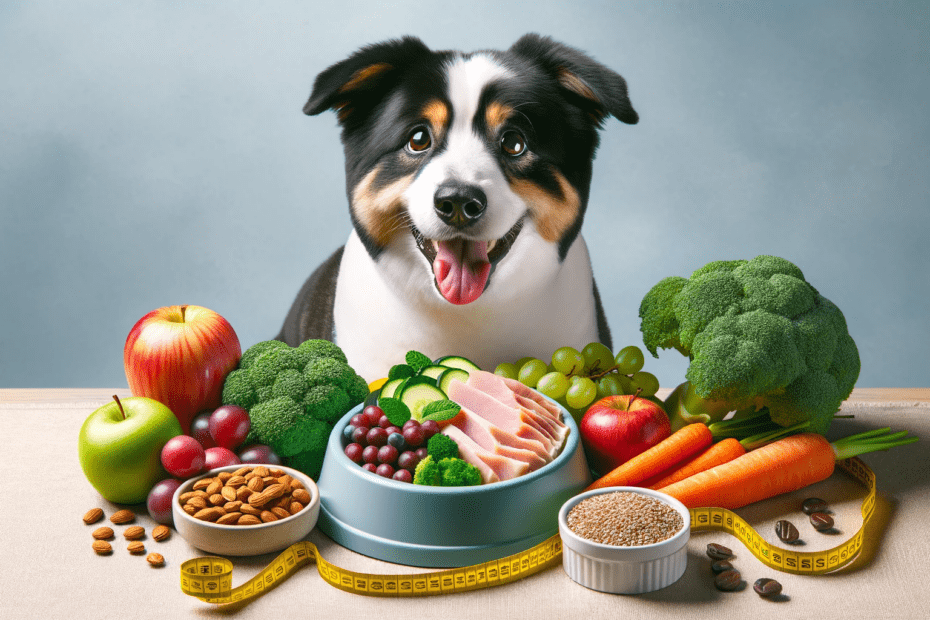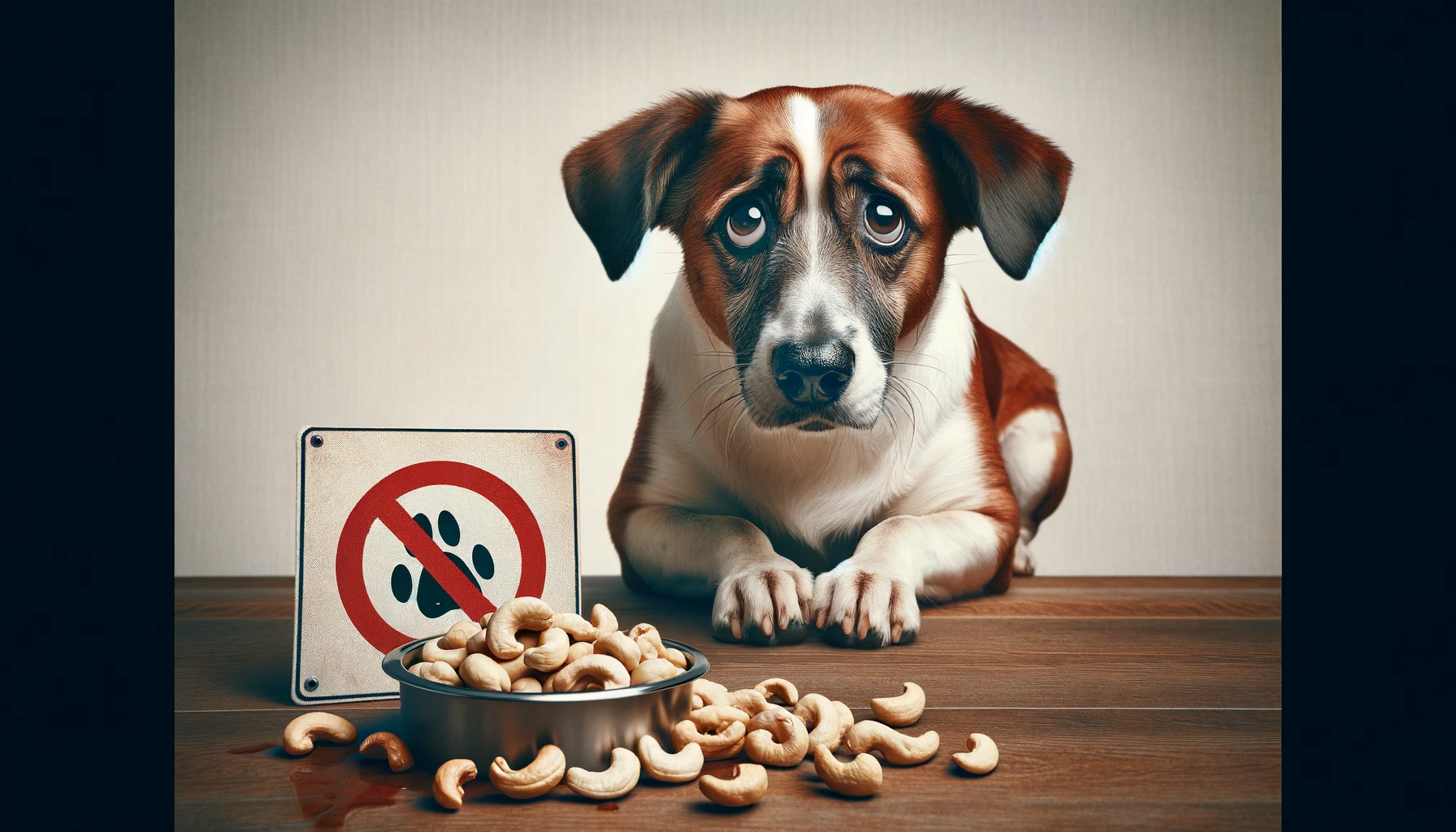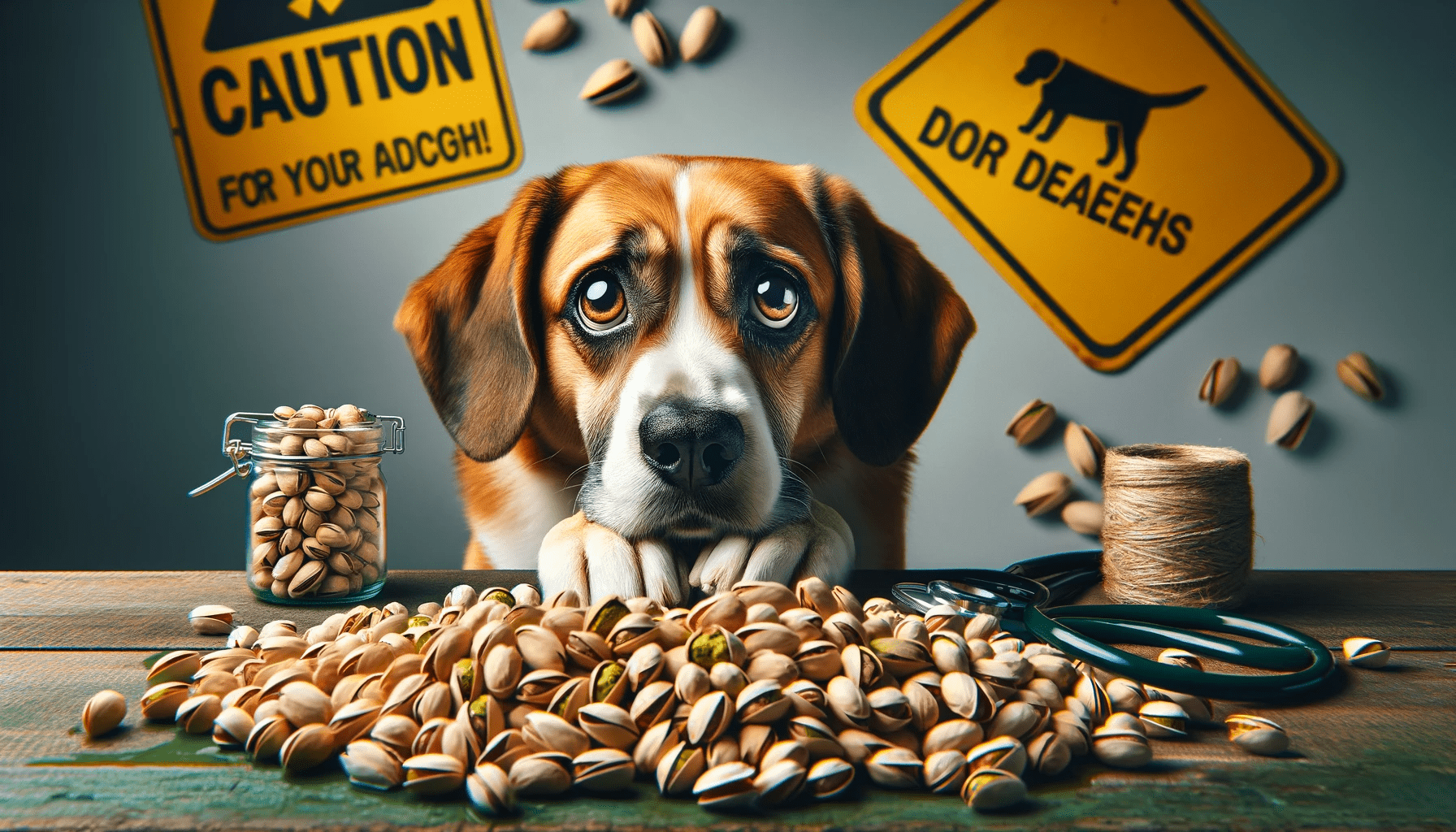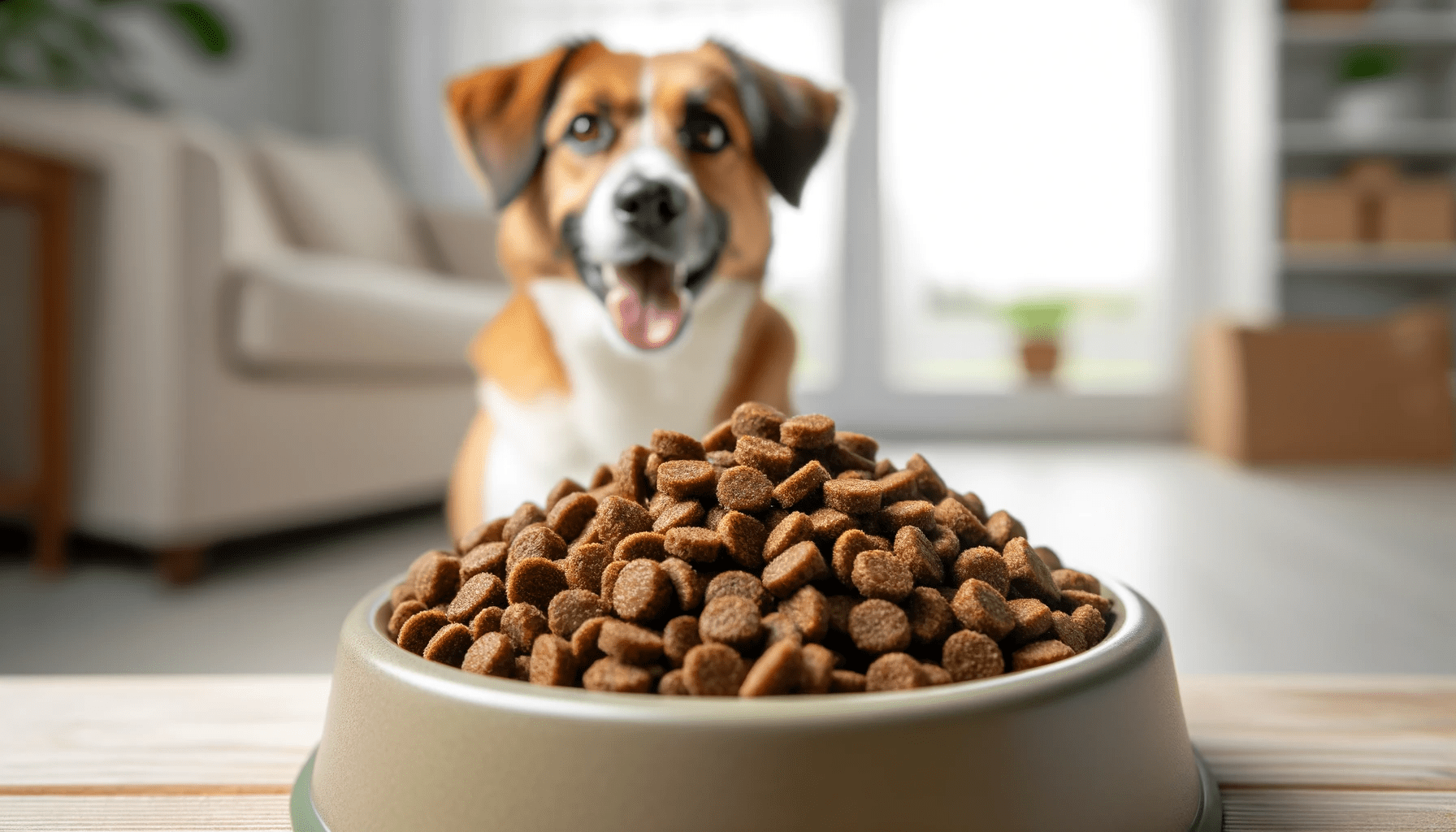Are you concerned about your furry friend's nutrition and weight management? Look no further! This article will provide you with three effective tips to ensure your canine companion stays healthy and fit.
Learn how to choose the right dog food, control portions, and establish a feeding schedule. Additionally, discover the importance of incorporating regular exercise into your dog's routine.
With these evidence-based strategies, you can give your beloved pet the best care possible.
Key Takeaways
- Consider your pet's specific nutritional needs and consult with your veterinarian for recommendations.
- Identify and avoid common allergens in your dog's food to prevent digestive, skin, or respiratory issues.
- Practice proper portion control by measuring your dog's food and adjusting based on their age, size, and activity level.
- Establish a consistent feeding schedule and incorporate regular exercise to maintain a healthy weight and overall well-being.
Choosing the Right Dog Food
To choose the right dog food, consider your pet's specific nutritional needs and consult with your veterinarian for recommendations. Nutritional requirements for different dog breeds vary, so it's important to find a food that meets those specific needs. Larger breeds, for example, may require more protein and fat to support their growth and energy levels, while smaller breeds may need a diet that's lower in calories to prevent weight gain.
Identifying common food allergies in dogs is also crucial when selecting the right dog food. Some dogs may have sensitivities or allergies to certain ingredients, such as wheat, soy, or poultry. These allergies can lead to digestive issues, skin problems, or even respiratory symptoms. Your veterinarian can help identify any allergies through allergy testing or an elimination diet, and can recommend a dog food that avoids these specific allergens.
Portion Control and Feeding Schedule
Manage your dog's weight effectively by implementing proper portion control and establishing a consistent feeding schedule. Portion control is crucial for maintaining a healthy weight in dogs. It involves determining the appropriate meal size and frequency based on your dog's age, size, and activity level.
To begin, consult with your veterinarian to determine the ideal amount of food for your dog. This will depend on factors such as breed, body condition, and metabolism. Once you have this information, measure your dog's food using a scale or a measuring cup. Avoid eyeballing or free-feeding, as this can lead to overfeeding and weight gain.
In addition to portion control, establishing a consistent feeding schedule is equally important. Dogs thrive on routine, so aim to feed them at the same times every day. This helps regulate their metabolism and prevents begging behavior. Divide the daily recommended amount of food into two or three meals, depending on your dog's needs and preferences.
Remember, every dog is unique, so monitor their weight and body condition regularly. Adjust the portion size and meal frequency accordingly to maintain a healthy weight.
Incorporating Regular Exercise
Start incorporating regular exercise into your dog's routine to help them maintain a healthy weight and overall well-being. Exercise plays a crucial role in weight loss programs for dogs, as it helps burn calories and build muscle. Aim for at least 30 minutes of moderate to intense physical activity every day. Walking, jogging, playing fetch, and swimming are great options. Not only will exercise help your dog shed excess pounds, but it will also improve their cardiovascular health, strengthen their muscles, and boost their energy levels.
When exercising your dog, keep their breed, age, and health condition in mind. Some dogs may need more exercise than others, while senior dogs or those with health issues may require a gentler approach. Always consult with your veterinarian before starting any exercise program.
To make exercise more enjoyable, incorporate interactive toys and games. Use treats as rewards during training sessions or hide them around the house or yard for your dog to find. Just make sure to use healthy treats that are low in calories and free from harmful additives.
Frequently Asked Questions
What Are the Common Signs of Overweight or Underweight Dogs?
You may wonder about the signs of overweight or underweight dogs. Common signs include visible ribs or excessive fat. To safely help your dog gain or lose weight, consult a veterinarian for a tailored nutrition and exercise plan.
How Can I Determine the Appropriate Calorie Intake for My Dog's Weight Management?
To determine your dog's appropriate calorie intake for weight management, calculate their caloric needs based on their weight, activity level, and age. Consult a veterinarian for specific recommendations and guidance.
Are There Any Specific Dog Breeds That Require a Different Approach to Nutrition and Weight Management?
Certain dog breeds have different nutritional needs and weight management requirements. Small breeds may require higher calorie intake and larger breeds may need lower calorie intake. Exercise is crucial for weight management in certain breeds.
Can I Include Homemade Meals or Treats in My Dog's Diet Plan?
You can include homemade meals or treats in your dog's diet plan. However, it's important to consider the pros and cons. Homemade meals provide control over ingredients, but can be time-consuming and may lack essential nutrients.
Are There Any Supplements or Vitamins That Can Help With My Dog's Weight Management?
Yes, there are supplements and vitamins that can assist with your dog's weight management. Supplements for weight management in dogs and vitamins for canine weight control can provide additional support to help your dog maintain a healthy weight.
Conclusion
In conclusion, providing your canine companion with the right nutrition, portion control, and regular exercise is essential for their overall health and weight management.
By choosing the right dog food, monitoring their portion sizes, and incorporating regular exercise into their routine, you can help ensure that your furry friend maintains a healthy weight and enjoys a long and active life.
Remember to consult with your veterinarian for personalized advice and guidance tailored to your dog's specific needs.






